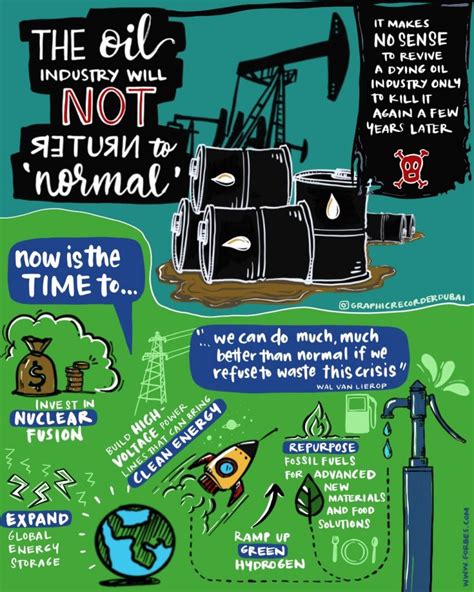The Future of Oil: Understanding Your Rights
The future of oil is a complex and multifaceted topic, interwoven with geopolitical shifts, technological advancements, and environmental concerns. While the transition to renewable energy sources is accelerating, oil remains a crucial component of the global economy, impacting not only national budgets but also the daily lives of individuals. Understanding your rights as a consumer, citizen, and investor within this evolving landscape is paramount. This article explores the key aspects of this future, focusing on how it affects your rights and what you can do to navigate this uncertainty.
What is the Future of Oil Demand?
The future of oil demand is a subject of intense debate. While many predict a decline in demand due to the rise of electric vehicles and renewable energy, others believe oil will remain a significant energy source for decades to come, particularly in sectors like aviation and petrochemicals. Several factors influence this uncertainty:
- Technological advancements: Innovations in battery technology, renewable energy infrastructure, and carbon capture could significantly accelerate the decline in oil demand.
- Government policies: Government regulations and subsidies heavily influence the adoption of renewable energy and the phasing out of fossil fuels. Carbon taxes and emission standards directly impact oil consumption.
- Economic growth: Global economic growth, particularly in developing nations, fuels energy consumption, potentially maintaining high oil demand for longer than anticipated.
- Geopolitical factors: Political instability in oil-producing regions can significantly disrupt supply, impacting prices and increasing reliance on oil in the short term.
How Does the Future of Oil Affect My Rights as a Consumer?
The future of oil directly affects your rights as a consumer in several ways:
- Fuel prices: Fluctuations in oil prices directly translate to changes in gasoline, diesel, and heating oil costs, impacting your household budget. Understanding your rights as a consumer regarding price gouging and fair pricing practices is crucial.
- Product availability: Potential disruptions to oil supply chains can affect the availability of goods and services reliant on oil-derived products, from plastics to pharmaceuticals. Knowing your rights regarding product shortages and consumer protection is essential.
- Environmental impact: Burning oil contributes to climate change, impacting your right to a healthy environment. Understanding your rights to participate in environmental protection initiatives and hold polluters accountable is vital.
How Will the Transition to Renewable Energy Affect My Rights?
The transition to renewable energy sources raises several considerations regarding consumer rights:
- Energy access: Ensuring equitable access to renewable energy resources is crucial, especially for low-income communities. Understanding your rights to affordable and reliable energy is vital in this transition.
- Data privacy: Smart grids and other technologies used to manage renewable energy systems collect vast amounts of data. Understanding your rights regarding data privacy and security is essential.
- Job displacement: The shift away from oil could lead to job losses in the oil and gas industry. Understanding your rights to retraining, job placement assistance, and social safety nets is crucial during this transition.
What are My Rights as a Citizen Regarding Oil Production and Environmental Protection?
As a citizen, you have rights concerning oil production and environmental protection:
- Right to a healthy environment: This includes the right to clean air and water, free from the pollution associated with oil extraction and combustion.
- Right to information: You have the right to access information about oil production activities, environmental impacts, and government policies related to energy.
- Right to participate in decision-making: You have the right to participate in public consultations and decision-making processes related to energy policy and environmental protection.
How Does the Future of Oil Affect My Rights as an Investor?
If you're an investor, the future of oil significantly impacts your portfolio:
- Risk assessment: Understanding the risks associated with investing in oil and gas companies, given the transition to renewable energy, is crucial. Conduct thorough due diligence and diversify your portfolio.
- Transparency: Demand transparency from companies regarding their environmental, social, and governance (ESG) practices. Support companies committed to sustainability.
- Ethical considerations: Consider your ethical responsibilities as an investor. Support companies aligned with your values regarding environmental protection and social justice.
The future of oil is uncertain, but understanding your rights as a consumer, citizen, and investor is essential to navigate this transition effectively. Stay informed, engage in public discourse, and advocate for policies that protect your rights and promote a sustainable future. Remember to consult legal and financial professionals for specific guidance tailored to your circumstances.

